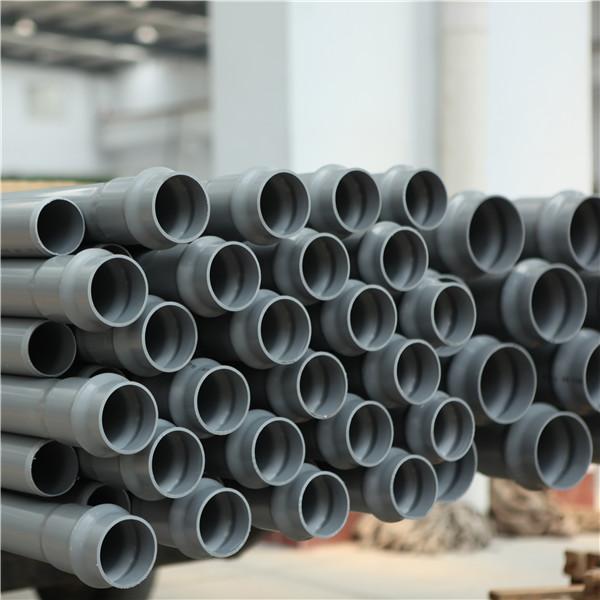Jul . 26, 2024 13:35 Back to list
Exploring Innovative Designs and Trends in Modern Panel Technology for Diverse Applications
Understanding the PP Panel A Comprehensive Overview
In recent years, plastic materials have gained immense popularity across various industries due to their versatility, durability, and cost-effectiveness. One such innovative product in this domain is the PP panel, which stands for polypropylene panel. This article delves into the characteristics, applications, and advantages of PP panels, shedding light on why they are becoming a go-to choice for many manufacturers and builders.
What is PP Panel?
PP panels are made from polypropylene, a type of thermoplastic polymer. This material is known for its excellent chemical resistance, lightweight nature, and ability to withstand various environmental conditions. The manufacturing process of PP panels typically involves extrusion, where the polypropylene is heated until it becomes pliable and then shaped into sheets. These sheets can vary in thickness and size, making them highly adaptable for different applications.
Characteristics of PP Panels
One of the most significant characteristics of PP panels is their lightweight property, which makes them easy to handle and install. Additionally, they exhibit high impact resistance, which is particularly beneficial in environments prone to physical wear and tear. PP panels are also waterproof and do not absorb moisture, meaning they are less susceptible to mold and mildew compared to traditional materials like wood and drywall.
Moreover, PP panels possess a high level of chemical resistance. This feature makes them ideal for use in laboratories, chemical storage facilities, and manufacturing plants, where exposure to corrosive substances can be a concern. Additionally, they are available in various colors and finishes, allowing for customization according to aesthetic requirements.
Applications of PP Panels
PP panels find application in a myriad of sectors. In the construction industry, they are increasingly used for wall cladding, ceilings, and partitions due to their durability and ease of maintenance. Their waterproof nature makes them particularly valuable in kitchens and bathrooms, where moisture control is crucial.
pp panel

In the agricultural sector, PP panels are commonly used for creating storage facilities, greenhouses, and animal housing. Their resistance to pests and environmental factors ensures a longer lifespan, reducing the need for replacement and thereby saving costs in the long term.
Furthermore, in the food industry, PP panels are often used in food processing areas and cold storage facilities. Their hygienic properties and ease of cleaning make them an ideal choice for maintaining food safety standards.
Advantages of PP Panels
The advantages of PP panels are numerous. Firstly, their lightweight nature simplifies transportation, reducing overall shipping costs for manufacturers. Additionally, their resistance to chemicals and moisture alleviates concerns regarding maintenance and replacement, leading to lower lifecycle costs.
Another significant benefit is eco-friendliness; polypropylene is recyclable, contributing to sustainable practices in construction and manufacturing. Depending on the specific requirements, PP panels can be produced with varying thicknesses and densities, allowing businesses to choose the most suitable option for their needs.
Moreover, the ease of installation of PP panels can lead to time savings on construction projects, thus enhancing productivity. Their aesthetic appeal, coupled with functional strengths, makes them a versatile choice for both commercial and residential applications.
Conclusion
In conclusion, PP panels are a remarkable advancement in the realm of building materials, offering a wide array of benefits that cater to various industries. Their durability, lightweight nature, chemical resistance, and adaptability make them a favored choice among builders and manufacturers alike. As the demand for efficient and sustainable materials continues to rise, PP panels are likely to play an increasingly pivotal role in the future of construction and manufacturing. Whether you are involved in building, agriculture, or any sector requiring resilient and reliable materials, considering PP panels may be your best choice.
-
Durable PP Rigid Sheet: Lightweight, Chemical Resistant Solutions
NewsAug.21,2025
-
PVC Grey Sheet for Extraction: Chemical Resistant & Durable
NewsAug.19,2025
-
Durable PVC Pipe Fittings for Plumbing & Irrigation Needs
NewsAug.18,2025
-
HDPE Steel Belt Reinforced Spiral Corrugated Pipe | High Strength
NewsAug.17,2025
-
HDPE Pipe Fittings: Durable, Leak-Proof Solutions
NewsAug.16,2025
-
Premium CPVC Sheet: High-Temp & Chemical Resistant Solutions
NewsAug.15,2025

